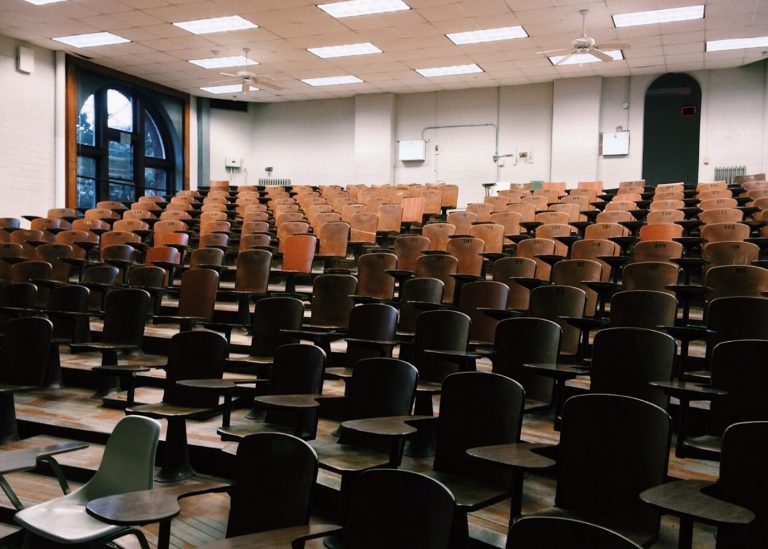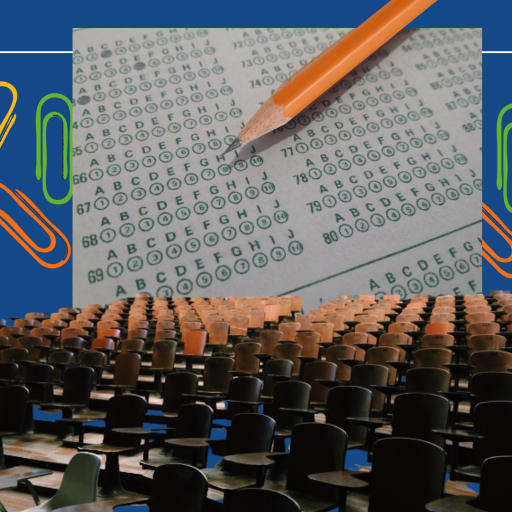Effects of The International Baccalaureate (IB) Diploma Programme (DP) and The National Curriculum on The Academic Performances of Students in Turkey
11 Eylül 2022Nisanur Kepçeler



METHOD
Participants
Materials
Procedure
Discussion of the Results

The two students studying Law at Galatasaray University both study the preparation class, which is in French. They were both satisfied with their scores and university before starting their education. Both students’ ideas about the university changed over time. The DP graduate mentioned her disappointment; she found university life “boring.” Since the preparation class does not contain a GPA system, we asked about their general grades. The non-DP student has slightly higher grades compared to his DP graduate friend. The non-DP graduate listed some differences between the two curricula as the way literature classes were taught (IB is based on analysis, whereas the national curriculum is based on memorization) and developing English skills. The DP graduate listed some differences between the two curricula as “to learn using the language(s) effectively and producing high-quality academic papers.” The non-DP graduate believes that he is not adapted to the university environment academically due to the pandemic and the online education, whereas the DP graduate believes she is “very well”

We can deduct from the discussions of the results above that, unlike our assumption, the members of the DP group was happy with their university from the beginning, and in general, their opinion did not change negatively over time. As we predicted, some of the members of the non-DP group found the adaptation process to the university environment academically hard compared to the members of the DP group; the DP group did not have any trouble in the adaptation process. The average GPA of the DP group is higher than the non-DP group (3.80/4.00 & 3.38/4.00), as we expected. As far as we can see, time management is a controversial topic that needs further research. Again, unlike our expectation, the average stress level of the DP group was higher (6/10 & 4.6/10) . We believe that this situation can be explained by students’ unsolved traumas of the last year of high school in which they had to study two curricula at the same time, as well as the negative effects of the pandemic on individuals. The last point we can highlight is that regardless of their group, graduates of Kartal plan to do a double major in the following years. This shows that the students do not find the course load too heavy; they are confident and believe in themselves.
CONCLUSION

References
- Onur, J. (2008). A study of the effects on teaching methods and teaching styles of converging national and international curricula at the Koç School – Istanbul [Doctoral dissertation, University of Bath].
- Sahin, F. (2018). Gifted students’ perception of the IBDP and National Programme, and the effects of these programmes on their academic achievement: A review within the context of Turkey. International Journal of Progressive Education, 14(4), 52-69. https://doi.org/10.29329/ijpe.2018.154.5
- Sagun, S., Ateskan, A., & Onur, J. (2016). Developing students for university through an international high school program in Turkey. Educational Sciences: Theory & Practice, 16, 439-457.
- Ibo.org. (2021). https://www.ibo.org/globalassets/publications/ib-research/dp/turkey-postsecondary-study-report-en.pdf
- Ibo.org. (2021). https://www.ibo.org/globalassets/publications/ibresearch/dp/ib_diploma_programme_examining_college_readiness_2014_0715_000.pdf.
Appendices
Appendix A
Questionnaire
Name & Surname:
- What was your score in the university entrance examination? (Optional)
- Were you satisfied with your results of the university exam?
- Were you satisfied with your university before you did not start?
- Did your opinion change over time on the previous question?
- Does your university have a one-year of preparation class for English or any other language?
- Are you studying the preparation class or did you skip it?
- What was your GPA in the first semester of the academic year?
- What do you think are the main differences between the IBDP and the national curriculum?
- How well do you think you are adapted to university environment academically?
- Are you having difficulties with the time management?
- If you were to choose your stress level from zero to ten in the university, what would you choose and why?
- How do you think the IBDP/national curriculum help you in the university?
- Are you satisfied with your performance in the university? Why or why not?
- What are the disadvantages of the IBDP/national curriculum?
- If you were to make a choice between the IBDP and the national curriculum, what would you choose and why?
- Would you consider doing a double major or a minor in the future?
You can write down anything else you want to add, any experiences or thoughts.
Appendix B
| Name Surname | University | Department | IBDP Grade |
|---|---|---|---|
| B.T. | Bogazici University | English Language and Literature | 35 |
| M. F. İ. | Bogazici University | Political Science and International Relations | 42 |
| M. U. | Bogazici University | Sociology | 33 |
| S. K. | Galatasaray University | Law | 39 |
| H. H. T. | Istanbul Medeniyet University | Medicine | 34 |

